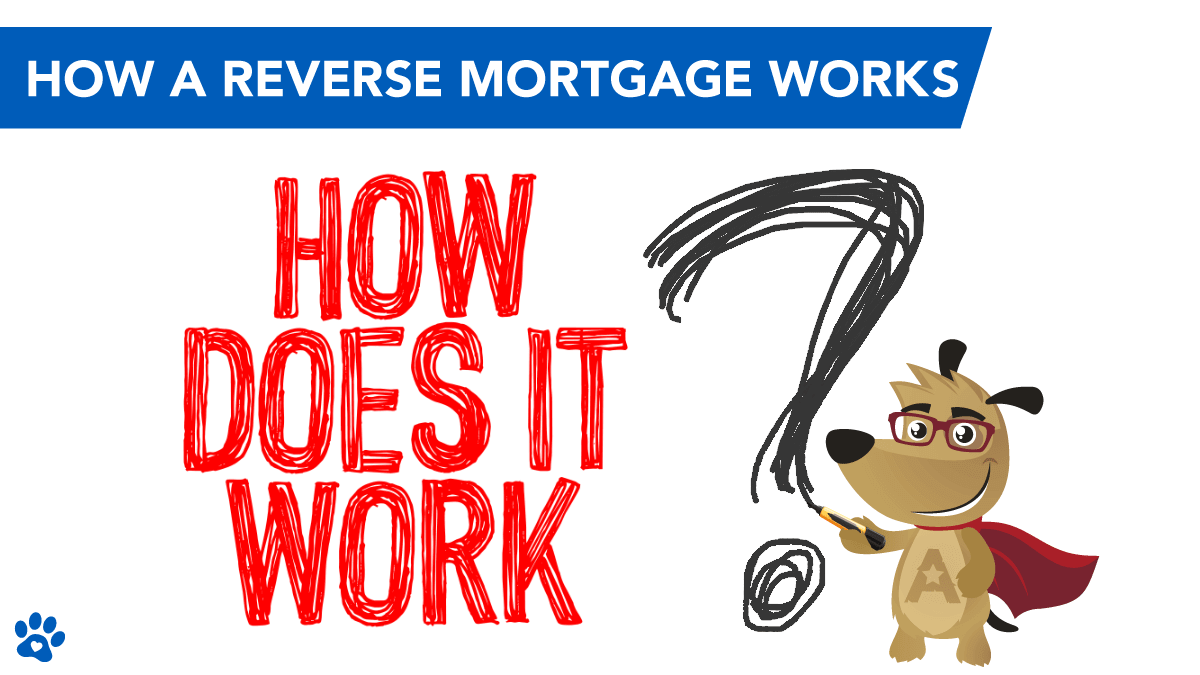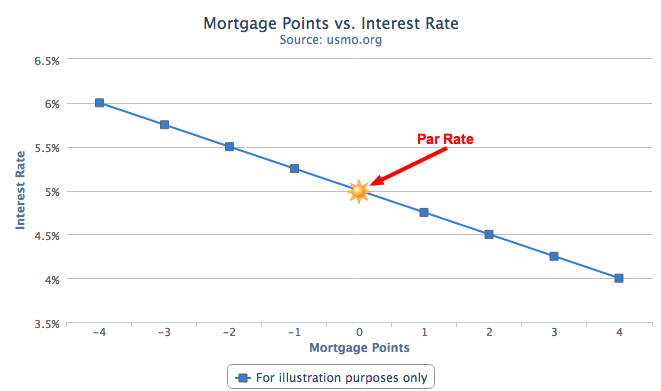Here's an example from Thompson to assist demonstrate how long it can require to take advantage of buying a point. State you're getting a $400,000 loan. One discount point would cost $4,000 paid at closing; presume you can manage that on top of your other closing expenses. Based upon home loan rates the day she was talked to, Thompson stated buying a point would conserve approximately $57 a month on that $400,000 home loan.
In this example, it has to do with 70 months, or practically 6 years. That suggests if you prepared to stay in the house for 6 years, you 'd break even, and any longer than that, you 'd save money. However if you left before then, you 'd have lost money by purchasing points. Yes, you can.
In truth, when shopping loan providers, it's a great concept to request for a loan offer with zero points. That way you can compare one loan provider to another on an equal basis. You can always choose to purchase discount rate points after you pick the home loan loan provider you'll be doing service with.

The Ultimate Guide To How Do Mortgages And Down Payments Work
When you read the great print, you may discover that a person, two or even 3 or more discount rate points have actually been factored into the rates. Once again, discount rate points are totally optional. You'll wish to discover out what a lending institution's rate lacks adding a lot of in advance fees. No, the terms of your loan are set prior to closing.
If you itemize your tax deductions, instead of taking the basic deduction, you might be able to deduct the points you paid on a mortgage for your main house. The deduction may be restricted by the amount you obtain to purchase the house.
Home loan points are costs that you pay your mortgage lender upfront in order to lower the interest rate on your loan and, in turn, your month-to-month payments. A single home loan point equates to 1% of your home mortgage amount. So if you secure a $200,000 home loan, a point amounts to $2,000.
The Buzz on How Do Rocket Mortgages Work?

Like any monetary choice, this isn't always a great relocation for everyone, however. As you choose if spending for mortgage points makes sense for you, consult with a regional financial consultant about how a house loan can impact your long-term financial plan. Mortgage points essentially are unique payments that you make at the closing of your mortgage in exchange for a lower rate of interest and monthly payments on your loan.
In the home purchasing world, there are 2 types of home mortgage points:: These are generally mortgage points as explained above. The more points you buy, the more your rate falls. Lenders set their own home mortgage point framework. So the depth of how far you can dip your rate eventually depends upon your lender's terms, the kind of loan and the general housing market.
: These cover the expenses your loan provider made for getting your loan processed. The quantity of interest you can shave off with discount points can differ, but you can generally work out the terms with your lending institution. These belong to total closing costs. Picture this situation. You take out a 30-year-fixed-rate home loan for $200,000 with an interest rate at 5.
The 10-Minute Rule for How Do Va Mortgages Work
Your monthly payment with no points equates to $1,136. Then, say you purchase two home mortgage points for 1% of the loan quantity each, or $4,000. As a result, your rates of interest dips to 5%. You wind up conserving $62 a month due to the fact that your new monthly payment drops to $1,074. how do home mortgages work. To determine when you 'd get that refund and start conserving, divide the amount you spent for your points by the amount of regular monthly savings ($ 4,000/$ 62).
5 months. So if you remain in your home longer than this, you end up saving cash in the long run. Remember that our example covers just the principal and interest of your loan. It doesn't represent factors like real estate tax or house owners insurance coverage. If you are buying a house and have some additional money to contribute to your deposit, you can consider purchasing down the rate.
This is a particularly great method if the seller is willing to pay some closing expenses. Frequently, the procedure counts points under the seller-paid expenses. And if you pay them yourself, home mortgage points normally end up tax deductible. In numerous refinance cases, closing costs are rolled into the new loan.
Facts About How To House Mortgages Work Revealed
Then you can fund them into the loan and lower Visit website your month-to-month payment without paying of pocket. In addition, if you plan to keep your home for a while, it would be clever to pay indicate decrease your rate. Paying $2,000 might appear like a steep charge to lower your rate and payment by a percentage.
The lower the rate you can protect upfront, the less likely you are to wish to refinance in the future. Even if you pay no points, every time you re-finance, you will sustain charges. In a low-rate environment, paying points to get the absolute finest rate makes sense. You will never ever wish to re-finance that loan once again.
If rates drop in the future, you may have a chance to re-finance prior to you would have completely made the most of the points you paid initially. If you can't pay for to make large upfront payments at the closing of your home mortgage application, you might want to keep the current rate of interest and refinance your mortgage at a later date.
The Greatest Guide To How Do Home Mortgages Work With Down Payment
This makes sense if you have actually made timely payments on your old mortgage, have actually settled a good amount of your principal, and enhanced your credit score considering that you first obtained the initial home mortgage. If you've got some cash in your reserves and can afford it, purchasing home mortgage points might be a beneficial financial investment.
If this is the case for you, it helps to very first crunch the numbers to see if home loan points are genuinely worth it. A monetary consultant can help you through this procedure if you don't understand where to begin. Why do so many lenders price quote an origination charge? To get a true "no point" loan, they need to disclose a 1% cost and after that give a corresponding 1% refund.
If the lender https://www.elkvalleytimes.com/news/business/wesley-financial-group-provides-nearly-million-in-timeshare-debt-relief/article_4be24045-0034-5e07-a6ac-d57ec8d31fcd.html does not reveal a particular fee in the start, it can not include that charge on later. If a loan provider divulges a loan price quote prior to securing the loan terms, failure to reveal an origination fee (or points) will bind the lender to those terms. This might sound like a good thing.
The Ultimate Guide To How Mortgages Work Infographic
Expect you applied for a loan when the rate was 3. 5%. When you are ready to lock in, the rate is even worse. Your loan officer says you can get 3. 625% or 3. 5% with the cost of a quarter of a point (0. 25%). If no points or origination charges appear on your loan estimate, the lender would not be able to offer you this 2nd choice.